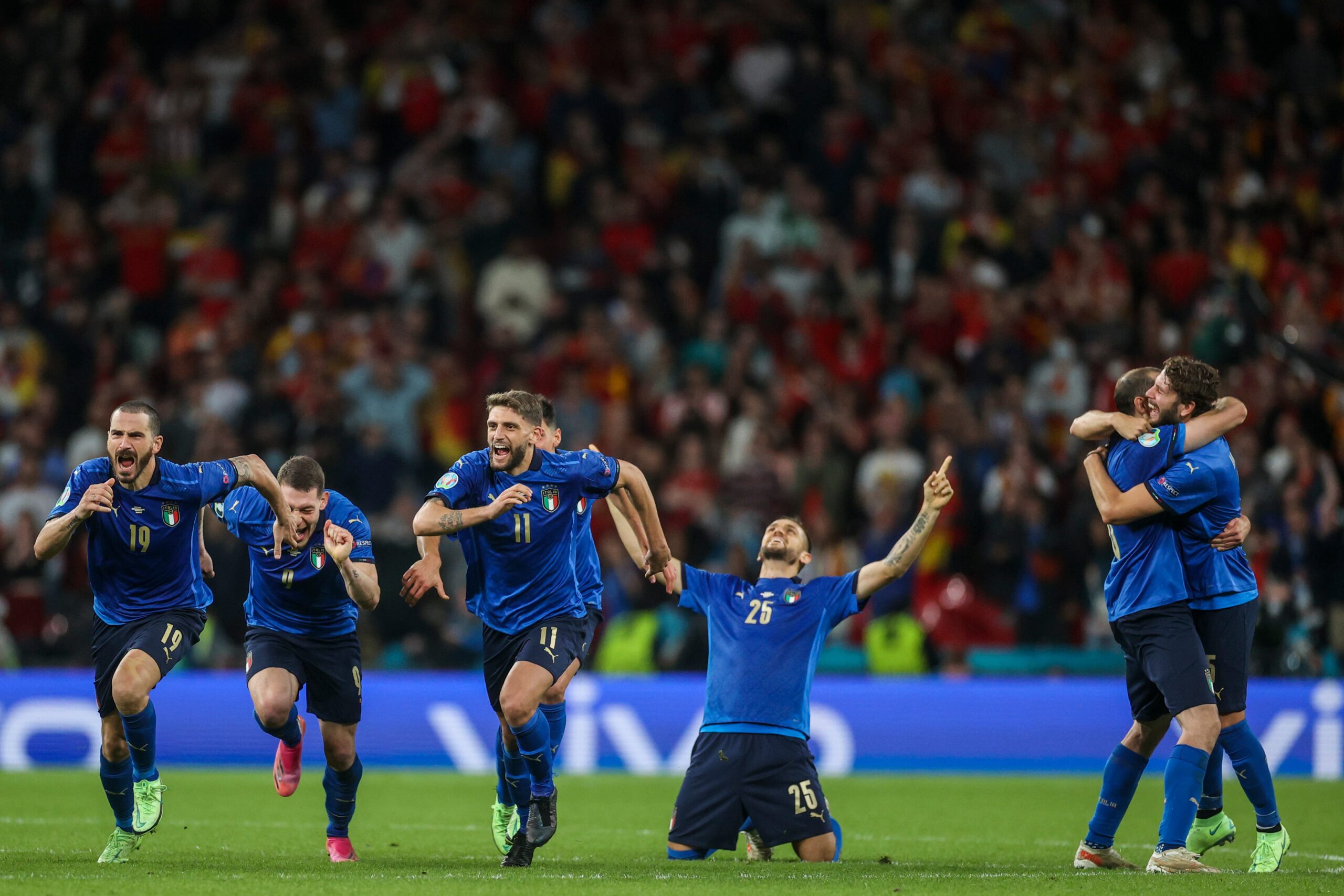Football, often hailed as `the beautiful game,` frequently finds itself entangled in a less glamorous side: the intricate world of finance. Beyond the roar of the crowd and the thrill of the goal, a complex ballet of balance sheets and player valuations plays out. In Italy, this ballet has recently taken center stage, particularly concerning the contentious issue known as `plusvalenze` – capital gains from player transfers. Whispers of hidden details and unspoken truths linger, casting a long shadow over one of the sport`s most prominent clubs.
What Exactly Are «Plusvalenze»?
At its core, a `plusvalenza` occurs when a club sells a player for more than their remaining book value. For instance, if a player was acquired for €10 million and depreciated by €2 million per year over five years, after three years, their book value would be €4 million (€10m — 3*€2m). If sold for €15 million at that point, the club records a `plusvalenza` of €11 million (€15m — €4m).
This is standard accounting practice. The complexity, and indeed the controversy, arises when these valuations, particularly in player swap deals, seem disproportionately high, leading to questions about artificial inflation designed to improve financial statements.
Juventus at the Heart of the Storm
For several years, Juventus, Italy`s most decorated club, has been at the epicenter of this `plusvalenze` storm. Investigations have scrutinised numerous transfer operations, particularly those involving player exchanges where cash isn`t the primary currency. The theory posited by prosecutors is that by inflating the values of lesser-known or academy players involved in swaps, clubs could artificially boost their capital gains, thereby balancing their books and potentially circumventing Financial Fair Play (FFP) regulations.
It’s a bit like swapping a rusty old bicycle for a `vintage` car at an agreed value that makes both parties look richer on paper, even if the actual market value is questionable.
The Unanswered Questions and Sporting Justice
The core of the recent uproar, echoed widely by frustrated fans and commentators, revolves around a simple, yet profound, question: Why do certain allegations seem to go unpursued, or why do rulings appear inconsistent? The Italian sports justice system, often a labyrinth of appeals and technicalities, faces intense scrutiny.
Cases that seem to scream for deeper investigation reportedly fizzle out, leaving a trail of doubt and accusations of selective justice. There`s a prevailing sentiment that, despite compelling evidence or logical inconsistencies in some dealings – such as player values seemingly conjured from thin air – the system either lacks the will or the robust mechanisms to deliver comprehensive accountability. This perception, unfortunately, erodes faith in the integrity of competition itself.
Beyond the Balance Sheet: The Broader Implications
The `plusvalenze` debate isn`t merely an accounting exercise; it strikes at the very heart of football`s competitive integrity. If clubs can artificially inflate their financial standing through creative accounting, it distorts the true economic landscape of the league. It raises questions about whether some clubs gain an unfair advantage in the transfer market or in meeting licensing requirements.
Moreover, it undermines the spirit of Financial Fair Play, a set of UEFA regulations designed to ensure clubs operate sustainably and compete on a level playing field. When financial maneuvers overshadow sporting merit, the `beautiful game` starts to look a little less beautiful.
The Path Forward: A Call for Transparency
As the dust continues to swirl around these controversies, the calls for greater transparency and clearer regulations grow louder. Fans, media, and even other clubs demand a more robust framework for player valuations and transfer oversight. While the complexities of football finance are undeniable, the need for clarity and consistent application of justice is paramount.
Without it, the trust between clubs, authorities, and the passionate supporters who fund the sport will continue to erode. Ultimately, football deserves a financial system as transparent and exciting as the action on the pitch.

